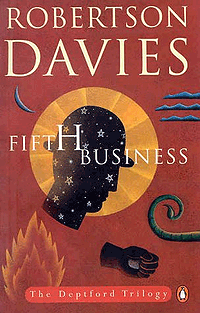RENEGADE GARDENER™
The lone voice of horticultural reason
Don’t call boulders or stone, “rocks.”
This certainly is not a major offense, but a minor irritant to stone geeks like me. Even some of the better gardening magazines I can think of will include an article about the design technique of placing “rocks” as outcroppings, informal steps, or as an attractive edging to a raised bed.

What doth the hand clutch? Literature’s most compelling stone.
No, no, no. Rocks are what little kids throw in anger. In the abstract, at least. The famed snowball thrown by Percy Boyd Staunton in Canadian novelist Robertson Davies’ masterful 1970 novel, Fifth Business, is aptly described as concealing a most important stone, small as it may be.
And needless to say, the delightful albeit less weighty novel, Harry Potter and the Sorcerer’s Stone loses quite a bit more than fine alliteration were the title to clunk to conclusion as, Sorcerer’s Rock.
I can understand why the common term, “rock garden,” a slapdash American shorthand for the more proper, “alpine garden,” leads people to call any stone of any size that is in any way rounded, a rock. Alas, they are always boulders. I purchase them by the ton for my landscaping business, perusing the various stone bins at my wholesaler that are marked, 3”-6” Boulders, 6”-12” Boulders, 12”-18” Boulders, 18”-24” Boulders, 24”-36” Boulders, etc.
Stone that is crushed to small bits, or collected from streams, is called gravel. Gravel that is used, to my horror, around trees and shrubs, is called stone mulch. Irregular-shaped but generally rounded stone used to edge a garden bed creates boulder edging. Use stone of any size as outcroppings and you are creating boulder outcroppings. Small to medium size boulders with a flat side up make for charming boulder steps. Incorporate any of these items into your landscape, and you are landscaping with stone.
At no time in your gardening career will you seek to purchase, install, or in any way have contact with “rocks.” Unless you use gravel as mulch around plantings, in which case, you have rocks in your head. Not much more to it than that.
Don Engebretson
The Renegade Gardener